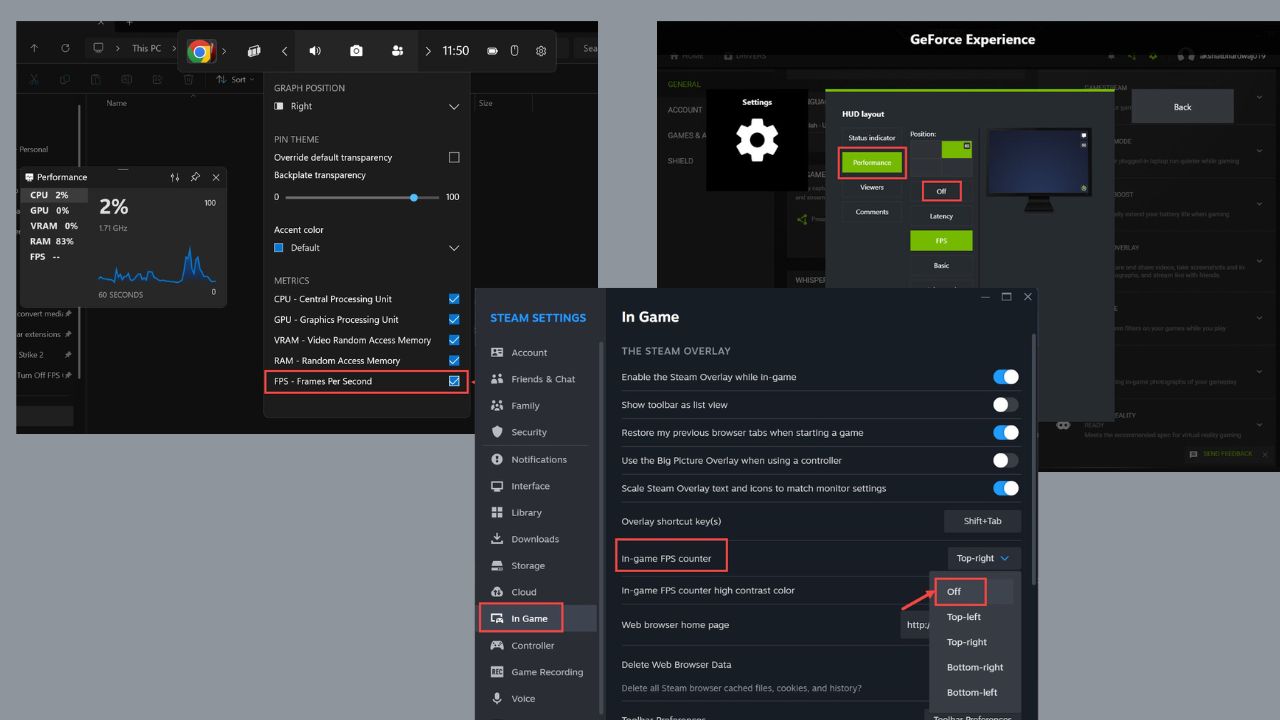Microsoft fixes the bug which made Edge look like a burglar
2 min. read
Updated on
Read our disclosure page to find out how can you help MSPoweruser sustain the editorial team Read more

Microsoft recently addressed a bug in its Edge browser that caused it to import browsing data and tabs from Chrome automatically without user consent. This issue affected some Windows users who experienced Edge opening with Chrome tabs after a Windows update, even if they hadn’t explicitly chosen to import their data.
Microsoft has since released a fix for the bug (Version 121.0.2277.128), attributing it to a problem with the import setting synchronization.
Edge has a feature that provides an option to import browser data on each launch from other browsers with user consent. This feature’s state might not have been syncing and displaying correctly across multiple devices. This is fixed.
However, this incident has raised concerns about past practices where Microsoft has been accused of employing tactics to promote Edge that could be perceived as anti-competitive.
Examples of these tactics include:
- Certain Windows updates launch Edge and pin it to the taskbar without user permission.
- Prompts and polls appear within the Windows interface, discouraging users from downloading Chrome.
- Windows 11 exhibits behavior that subtly pushes users towards Edge, potentially disregarding their chosen default browser.
The Digital Markets Act (DMA) aims to address some of these concerns within the EEA market. This regulation will allow users in the EEA to uninstall Edge and choose their preferred search engine. However, it’s important to note that the DMA’s scope doesn’t extend to broader changes within Edge or Bing, and its impact is limited to the designated geographical region.
A recent research paper commissioned by Mozilla, the creator of Firefox, explored these tactics and their potential impact on consumers. The paper concluded that some of Microsoft’s practices could be construed as undermining fair competition and conflicting with the company’s design principles.
More here.









User forum
0 messages